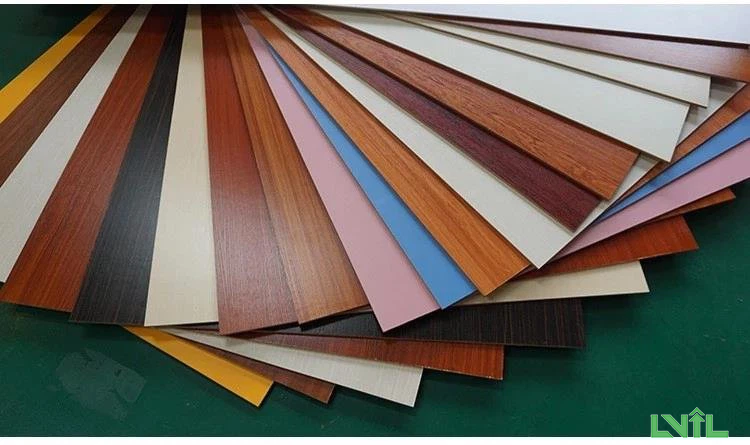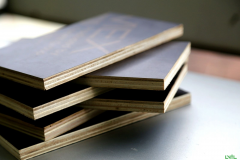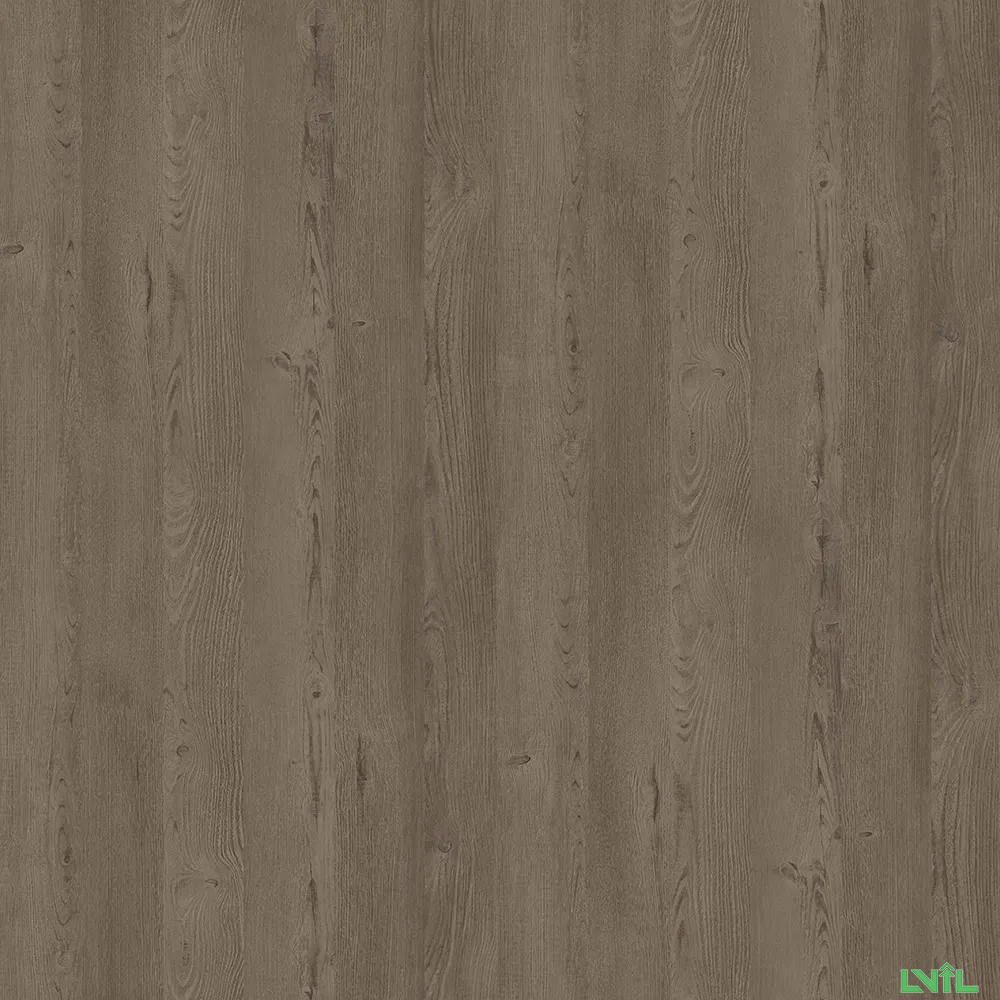Products
- Precision and Quality Finish: Formwork provides a smooth, even surface for concrete, resulting in a high-quality finish that reduces the need for additional finishing work.
- Increased Productivity: The use of formwork helps speed up construction timelines by providing an efficient, reusable system for shaping and supporting poured concrete.
- Enhanced Safety: Properly installed formwork ensures a secure structure, minimizing the risk of accidents and improving site safety.
- Cost-Effective: Formwork can be reused multiple times, lowering the overall material costs for large-scale projects.
- Versatility: Formwork systems are adaptable to various construction requirements, from high-rise buildings to bridges, foundations, and tunnels.
- Reduced Waste: By using durable, reusable materials, formwork minimizes waste compared to other traditional construction methods.
- Improved Structural Integrity: Well-designed formwork helps maintain the correct shape and alignment of concrete during the curing process, ensuring the long-term stability of the structure.
- Durability: High-quality formwork is built to last through repeated use, especially when made from materials like steel, aluminum, or plywood (e.g., Formply).
- Customizable Design: Formwork systems can be tailored to fit specific design requirements, such as curved surfaces or complex geometries.
- Lightweight Options: Certain formwork systems, like aluminum, offer the benefit of being lighter, which makes them easier to handle and transport.
- Ease of Assembly and Disassembly: Modern formwork systems are designed for easy assembly, reducing labor time and increasing efficiency on-site.
- Weather Resistance: High-quality formwork materials can withstand a variety of weather conditions, from extreme heat to heavy rain, without compromising the structure.
- Cost-Efficiency: Reusable formwork systems reduce the need for raw materials, offering long-term savings in both labor and material costs.
Navigation
News
Contact Us
Contacts: Lynn ng
Phone: +84 0795103121
Email: Linhtimber@gmail.com
Address: Lam Thao district, Phu Tho province, Vietnam



